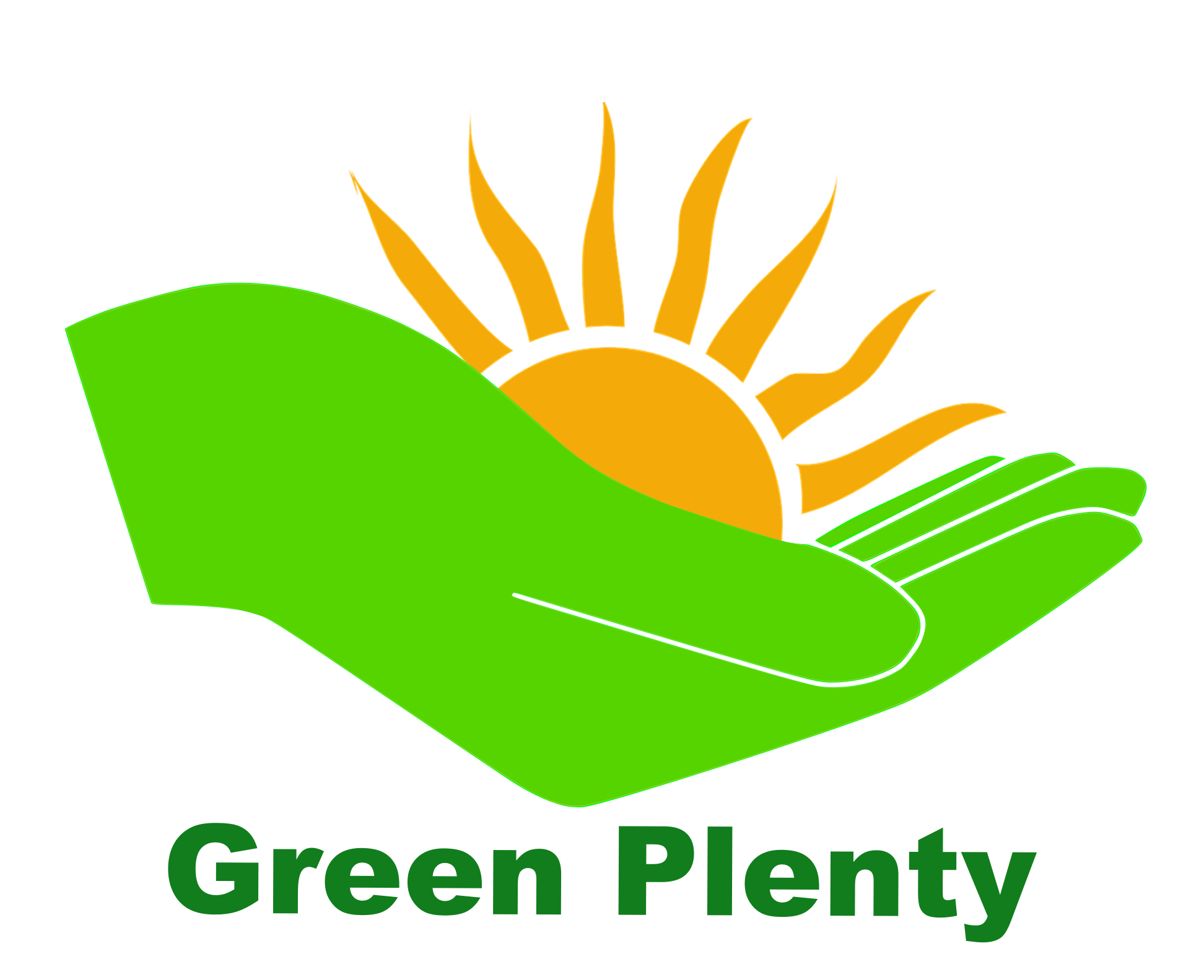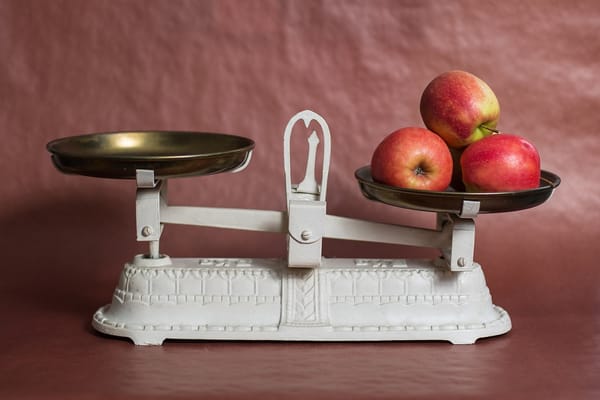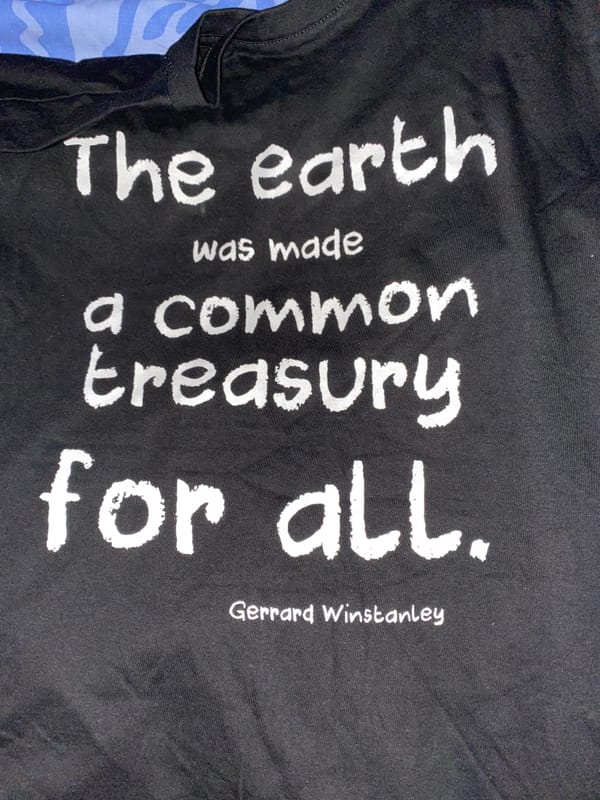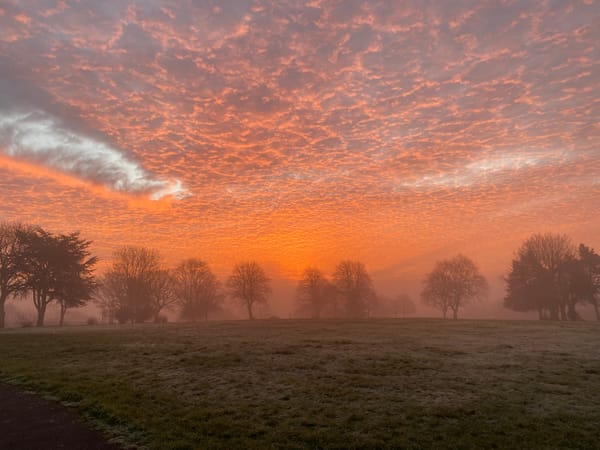Eco-socialism or annihilation
What follows is some notes for discussion. Please read, make some comments, let’s try and make this better. Also, please be kind, I have lost patience with people who criticise when they have nothing to offer. (Note – this is still being written and is in draft)
—
Covid-19: A better world is not only possible but necessary
In the Left is that there’s a lot of aspirational talk, and one hears phrases like a better world is possible. But seriously, that’s a bit wishy washy. It’s not only possible, but necessary. There is a collection of Rosa Luxemburg’s writings from many years ago that posed the question Socialism or Barbarism. That is where we have always been even during the boom periods, but our owners have been very good at keeping us passive and confused about that reality. One of the things the pandemic has done is tear that mask away. A hundred years later, in the twenty-first century, we now understand that the health of the ecology is paramount, so this needs to be rephrased: Eco-socialism or annihilation, the choice is that stark.
It’s also brought home how the climate crisis is real, not something twenty years away that we have the luxury of ignoring because right now we have to worry about things like putting food on the table and whatever new crazy is being forced on us, whether that’s declining health services, or whatever benefits we can claim to help us being reduced to nothing, or no pay rises in over ten years. The virus jumped from bats to people because of crowding, and stressing animals in closed, dirty environments. It’s not surprising this happened, just that it took so long. It will happen again and again as conditions worsen, too, unless something is done about it.
You could run around saying that the world is doomed. Indeed, back in the 80’s it was a favourite of occupation of some factions of peace activists to give into the nuclear nightmare and live in a waking dream of death and mayehm. Fortunately they were wrong, but it burned a lot of energy and drove a lot of nihilism. We need to say, very clearly, the world is not doomed, but we have a lot of work to do.
One of the things that has emerged from the pandemic is that we can see the hints of that better world now. Far less traffic on the roads, a lot of unnecessary “work” simply not being done. Also, people are looking very hard at the nature of work – why do you have to sit in an office when you can work from home? Why is the idea of limitless growth a good one? Why do people have to do jobs that have turned out to be unneeded, why should we all not be able to live in comfort without fear? How can we be free when we’re forced to work in what are very dangerous conditions, when we’re hostages to capitalism’s non-choice of risk your life without equipment to protect you or starve?
When we all stop consuming for its own sake our masters start having a breakdown because their billionaire lifestyles depend on it – but where’s the benefit for us?
So, what should we do?
First we need to identify what we need to make sure everybody has, then we need to make sure they have it:
The five things humans need
In order to say we live in a world that is equitable, moral, and worth defending everybody must have unfettered access to these five things:
- Decent shelter
- Food autonomy
- Health care
- Education
- Meaningful work
Mixed in with this there must also be the democratic ownership and control of resources by the people who need and use them. The nonsense of nationalisation as it was originally done still kept the old structures of hierachical companies. Rethinking how things are organised is a fundamental part of this. Otherwise it’s back to creating systems that can easily be confiscated and sold again. Making it almost impossible to undo this work by organising it so that undoing it cannot be done is paramount. The organisations that provide the things we need must be incredibly democratic and well run, and also incredibly difficult to steal from us again.
We hesitate to use words like “empower” because they imply that some group or person higher up the hierarchy has given their power to you. This means they can take it back if they don’t like it, and no, that’s not going to happen. Instead the people holding the reins of power are the ones directly affected by its use. There is no hierarchy, politics can be almost done by lottery to pick from a list of qualified people, for example. There are many better ways of ensuring things are done by properly qualified people than holding beauty contests every few years.
Decent shelter
Somewhere to live that isn’t a half destroyed slum maintained by sociopaths, where the other people living there aren’t going to make your life a misery, but instead make it better, and your family won’t feel afraid to step out of the front door. It’s not exactly hard, is it?
In the UK, and most of Europe, and the USA there are in fact more empty homes than there are homeless people, by far. In the UK more land is taken up with golf courses than housing. Whenever some fool starts braying about the country being full, it’s as well to remember this. It’s not full at all, the distribution of resources is skewed away from the majority, and has been since the peasants were driven off the land two hundred years ago. They did this to create a class of people who had no choice but to work in their factories and begin the accumulation of wealth.
Driving people off the land also removed food autonomy, the next topic.
Food autonomy
Put simply, enough decent food to eat, preferably grown at the end of your street, that anyone who needs it can access. No more work or starve choices forced on us. So forget money as the only measure of wellbeing. Food autonomy and shelter are the two things we need first.
There are eight billion people on this earth and we make enough food for ten. If there is no profit in it food is thrown away. It suits the capitalist system to waste like this. In the great stock market crash in the 1920’s food was thrown away after hoarding had created scarcity and driven the prices up. Feeding people would have made the price drop and the speculators didn’t want that. We, human beings, must break this. We must be able to literally walk out of our houses and find enough to eat without trouble, and speculation in food and energy brought to an end.
There is a point to make here; why did humans start with relatively modern approaches to living like agriculture if it wasn’t to feed everybody in their communities? Why should a small number of people who want to make profits be allowed to starve the rest of us if they deem fit?
Health care
Health care is a right, not a privilege. We need decent, well run health systems, staffed by motivated people who aren’t exhausted or paid badly, and we need them right across the whole world. There is nothing to debate about this.
There is a debate about how the demand for health care could appear to be infinite, and “we” (as in our owners) can’t afford to serve everybody. An agreed minimum standard of care must be met, and developments in health care must be shared as widely as possible. We are far from the infinite demand scenario, at the moment it is a false story being spread to justify cuts, and there are more than enough resources to meet people’s needs, but they are being used instead to line the pockets of the already obscenely rich.
Education
Again, education is a right. Cynically it’s also an investment in people. The better educated they are the more they can help others, and the easier it is to understand and work with democratic systems. It’s hard to understand issues properly without being educated enough to also understand what’s in front of you and understand how things are put together.
The way education is done, with serried ranks of zombified people chained to desks being drilled in the ways of conformity must also change. People need to know that they don’t need to hold back, they don’t need permission to do things. This is a fundamental part of the better world, everyone can and should contribute.
Meaningful work
This is quite simply working enough on the things needed to keep society running, and working on things that help and make the world a better place. Also, art, science, making music, making pottery, anything you can conceive of, and ties back into all the education you might need or want.
There are vast untapped reserves of human intelligence and capability currently being crushed by capitalism. There is an unprecedented number of people, yet the number of outstanding prodigies doesn’t seem to be any greater. Those people are there, and there are a great many of them. Currently the system robs them of what they could be and give, which is a great crime.
Moving forward
The green new deal
Our politicians are still mired in the capitalist reality. The green new deal they push is a last gasp attempt to keep capitalism afloat by growing and greening their way out of the damage caused by capitalism itself. You can’t clean your face with a brick from a falling house.
Any deal needs to also end capitalism, or it will be pointless. A system that still thinks endless growth is possible, or desirable, is no use. The world is finite, and we must stay within the energy and resource budgets to preserve what we have. Again, this isn’t difficult, it just requires the political will.
As soon as one individual can accumulate money and own it they are also accumulating power. The drive is to centralise everything and suck the life out of the things we all need in common, and, indirectly, us. This is why capitalism has to end. At the very least there must be an upper limit on wealth.
Dual power
This means building the alternative institutions and approaches mentioned above. The existing institutions don’t work, if anything they’ve created the situation we find ourselves in now. The only way to do this by doing it, by building services that start with people’s needs. Once those needs have been met then we will know what resources they need and how to improve. Using budgets to decide who gets what is a political decision, and we all know that the needs of actual people tend to come after the needs of the wealthy.
Once we take power back, possibly even by funding schools and hospitals collectively and independently, then there will be the old undemocratic institutions and ones that actually work. There will be two sources of power. We will eventually only need the one that works and doesn’t run on money.
Resilience
The climate has changed. Events that would have been unusual and rare, say happen every hundred years or so, now seem to be happening every ten or so. We have a situation where our governments have been selling off the things we need to cope with these events and not spending what they should. In particular with Covid, we have this demonstrated directly. A study a couple of years ago highlighted how unprepared the NHS was, and it was quietly hidden because of Brexit and the nominal cost. Putting aside a relatively small amount of money every year to be prepared for such contingencies is only common sense, but any spare pennies in this case were lost behind the back of the sofa. You can’t run a society on that basis.
We also have the absolutely ridiculous situation where upland farming practices were changed in order to make it more profitable for grouse shooting. These changes directly made downstream flooding more likely and were paid for with government subsidies.
The concept of once in a century events also needs to be understood. It doesn’t mean they will happen in a century’s time. It means they will happen and you need to be prepared for it. This is where the idea of resilience comes in. It means that steps are taken to preserve things and minimise the damage caused by floods and other events. It can be done, and done well, but people need to think about what might happen and how to cope with it. Our current crop of carpetbagger politicians are simply not up to the job, they’re solely in it to sell things off and enrich their friends.
Local, renewable, global
The systems we suffer under at the moment are all run from far away. They have no knowledge of the wants and needs of the people who suffer under them. The slogan from Brexit was take back control. We need to do this; but we need to take control back from the people who are far away, who give subsidies to people who make the floods worse, who have no idea what our needs are.
This slogan means local control based on people’s needs, using renewable resources, but with a global touch, sharing what is learned across the whole world.
The engine of change
The civil rights leader Martin Luther King met with the president. The president was very sympathetic to King, and agreed with his demands. He also had other people pressuring him not to make it happen. So what did he say to Dr King?
Make me
We need to remember this if we talk to the elected politicians. They are generally cowards and like to run away from things. They like to stand under our banners when we’ve won, but are often hard to see when we’re fighting for our rights or against injustice.
Change comes from organising around things that need to be done, without waiting for permission. Change is legitimised by the people who need it making it happen. No-one will give it to us, we have to take it.
Zero growth
Zero growth after zero unnecessary suffering
Zero growth is the goal of the eco socialist movement. It is the complete opposite of the current craze to dig up everything from the earth and burn it, until there is no way left to expand because it runs out. The goal is to stay within the annual energy budget from the sun everywhere and restabilise the climate. Ultimately this isn’t up for debate. We still have a lot of work to do, though.
We must lift the other six billion of us out of poverty in the medium term. To do otherwise is completely immoral. Of course, this also means those of us in the so-called developed nations must also change our lifestyles too. This isn’t as hard as it may sound, simply changing the way things are made so we stop throwing everything away would go a long way to fixing this, using the technology we’ve already discovered works quite well. It does mean that you may be eating a mostly seasonal vegetarian diet sourced within a few miles of where you live, and that tea and coffee become luxuries again. But if it’s that against burning most people would probably be quite happy with it.
So some development will still have to happen, but a lot of things we do now will have to stop. Balancing and controlling this must be done by the people who are affected by it.
Summary
We must build systems that meet the five human needs, without rationing or equivocation.
Some bad outcomes are on their way anyway so we need to channel resources into creating resilient systems instead of lining the pockets of the rich, need to come up with ways of keeping people healthy and alive when bad weather events happen as they will with greater frequency.
We need to start creating ways of doing and owning things that are run by organisations under our control.
The organisations that provide the things we need must be incredibly democratic and well run, and also incredibly difficult to steal from us again because of the way they are put together.
Note
Some of these things are discussed in more depth in the Tales of Brighter Future series that you can access elsewhere on this website.
Stay safe.




